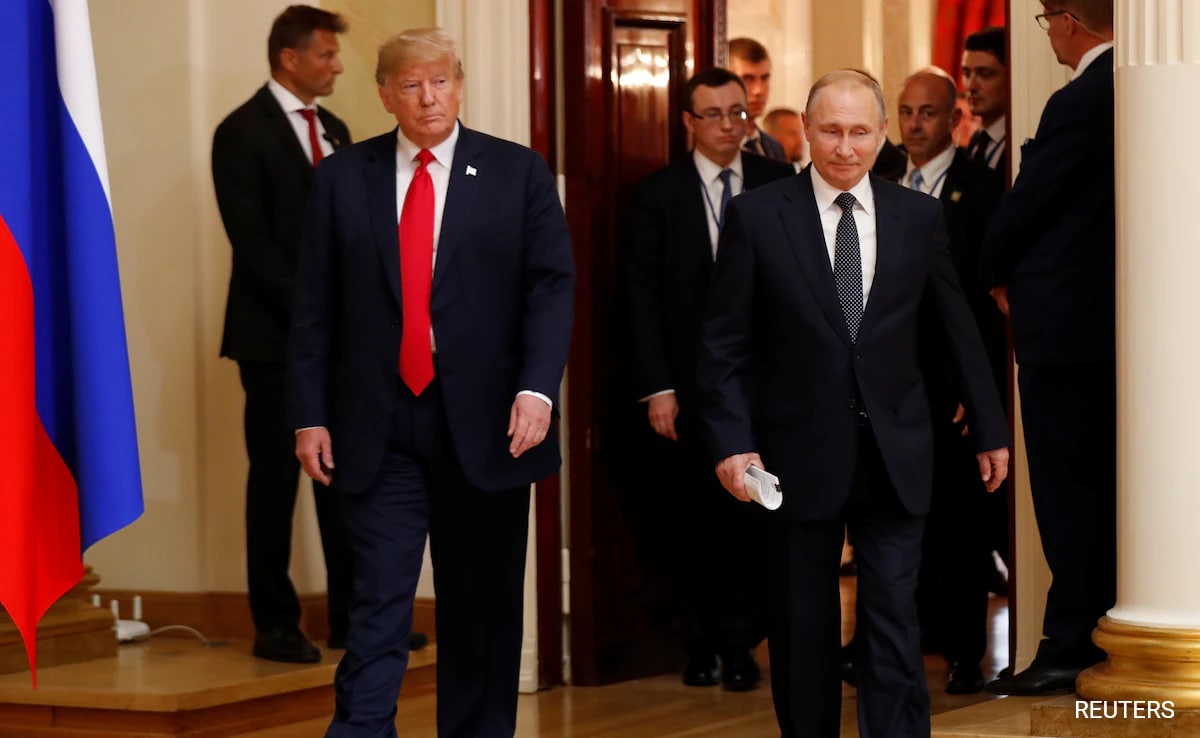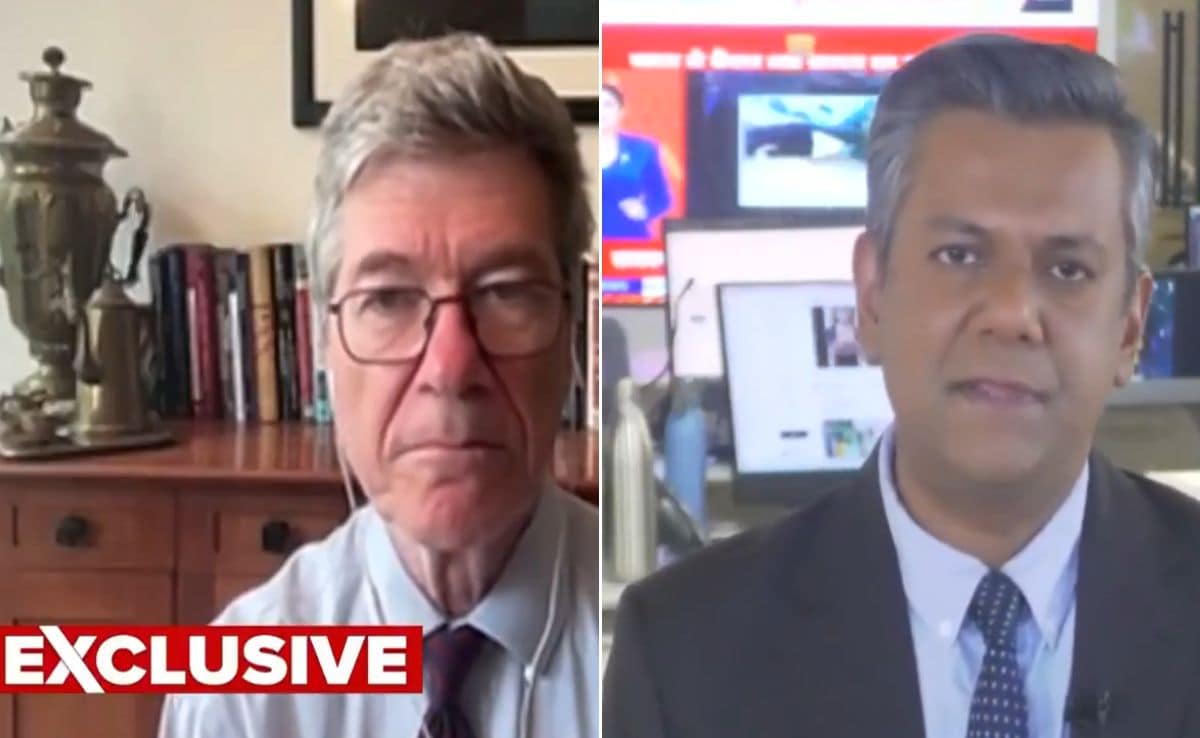Homicides in Mexico are stuck at historically high rates, while deaths in the United States from fentanyl smuggled across the border have soared.
âWe canât say thatâs the fault of the Merida Initiative,â Roberto Velasco, chief officer for North America at the Mexican Foreign Ministry, told The Washington Post. âBut itâs also absurd to see these results and say, âLetâs keep doing the same thing.â â
Officials said the revamped initiative, dubbed the Bicentennial Framework, will put more emphasis on reducing violence in Mexico, combating drug abuse in both countries, and tackling gun trafficking, money laundering and the flow of precursor chemicals used to make fentanyl and methamphetamines.
But the main effect of the new accord may be political. López Obrador has been wary of an initiative thatâs closely associated with former president Felipe Calderón, whose deployment of the military to fight traffickers became unpopular as violence surged. The Biden administration, for its part, has sought to break from the Trump administrationâs focus on irregular migration as the overriding issue in the relationship.
âThe bilateral relationship during the Trump years was radically narrowed, both thematically and structurally,â said Dan Restrepo, who was the top Latin America official on the National Security Council from 2009 to 2012. âAnd what youâre now seeing is a slow re-expansion.â
Although migration is not the central issue of the trip, it will likely come up during a breakfast meeting Friday morning between López Obrador and Secretary of State Antony Blinken, officials say. Attorney General Merrick Garland and Homeland Security Secretary Alejandro Mayorkas have traveled to Mexico to join Blinken.
The encounter comes at a rocky moment in security relations between the neighbors. Mexico was furious last October when the U.S. government arrested its former defense minister, Gen. Salvador Cienfuegos, on drug-trafficking charges in Los Angeles. The Justice Department eventually dropped the case, but Mexican authorities still retaliated, charging that U.S. agents had carried out a sensitive investigation behind their backs. The government passed a law in December limiting the actions of Drug Enforcement Administration agents in Mexico.
U.S. officials, meanwhile, have been frustrated by López Obradorâs attacks on the DEA and his unconventional approach to narcotics trafficking. The Mexican leader has declared that using force against cartels âdoesnât resolve anythingâ; he has emphasized social programs to prevent young people from joining organized crime groups. The armyâs arrests of drug suspects plummeted from 9,052 in 2019 to 6,673 last year, with 3,224 detentions in the first half of 2021. Meanwhile, U.S. border seizures of fentanyl have doubled in the past year.
The tensions between the sides surfaced last week when DEA Administrator Anne Milgram told reporters that she had asked Mexicoâs attorney general âfor us to be able to engage in law-enforcement activity in partnership with Mexican law enforcement, that Mexico will take seriously extraditions ⦠that we get access to illicit financing information and other critical evidence that we needâ to fight organized crime.
A key source of concern to the DEA are what officials call long delays in getting Mexican visas for agents posted to the country. CNN reported this week that almost two dozen agents were affected. Asked by reporters about the issue, Blinken said Friday: âWeâll have a chance to talk more about Mexico in Mexico.â
The Merida Initiative, launched by President George W. Bush and Calderón, was initially seen as a transformational pact with a country that had cold-shouldered security cooperation because of a history of U.S. interference. Early on, the agreement provided hundreds of millions of dollars for aircraft, helicopters and other hardware for Mexican security forces. The aid eventually shifted to technical assistance and training for the police and justice system. In total, Washington has appropriated more than $3 billion for the initiative.
âThe real advance of the Merida Initiative was really trying to frame this chronic problem of drug violence, drug trafficking, as a common threat and common challenge that you needed to work on together,â said Eric Olson, a specialist in Mexican and Central American justice issues who works at the Seattle International Foundation.
In the end, he said, âa lot of things didnât pan out.â
Mexico still spends only around 1 percent of its gross domestic product on security, and has failed to create a professional, effective police or justice system. Organized crime groups have expanded beyond drug trafficking into extortion, migrant-smuggling and kidnapping, gaining increasing control over territory. Meanwhile, Mexican officials complain that U.S. guns have flooded the country, fueling the carnage.
Officials say the new agreement will retain parts of the Merida Initiative that were successful and â at least in the short term â rely on the same funding. But the sides are drawing up an action plan, expected to be complete later this year, that would change the priorities.
The new elements could include plans to better monitor illegal shipments of precursor chemicals arriving at Mexican ports, more forensic training to help Mexicans solve homicide cases, and joint efforts to reduce drug abuse.
Ricardo Márquez Blas, a former senior security official, said that it was late in López Obradorâs six-year term to begin such initiatives, which often take time to put in place. âWeâre in the third year. How long will it take to launch a new program?â he said.
Olson said the challenge would be for two governments with different agendas and mutual suspicion to find common ground. âWhere are they going to be able to work together in an environment which, today, is a lot less optimistic than it was in 2006 and 2007?â he said.
Read more:
.png)











 English (United States) ·
English (United States) ·  Turkish (Turkey) ·
Turkish (Turkey) ·